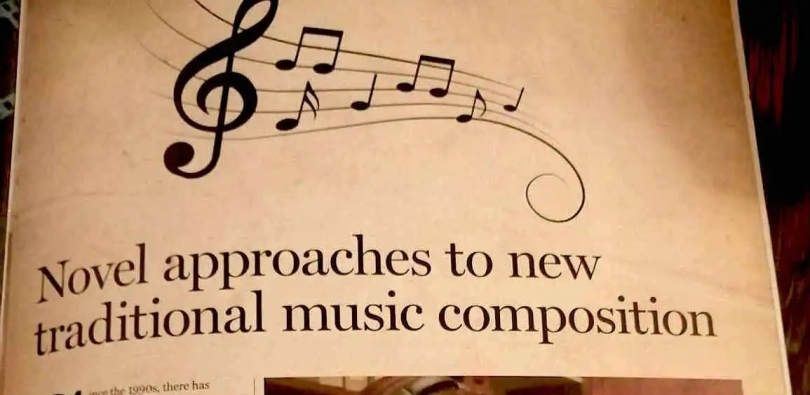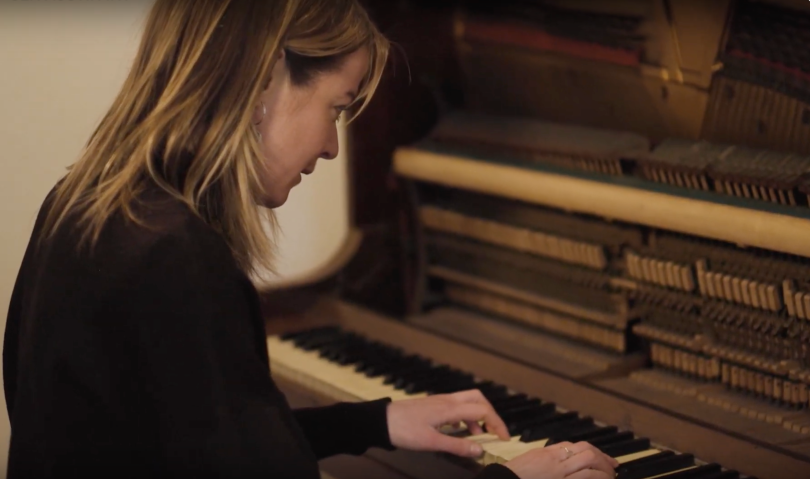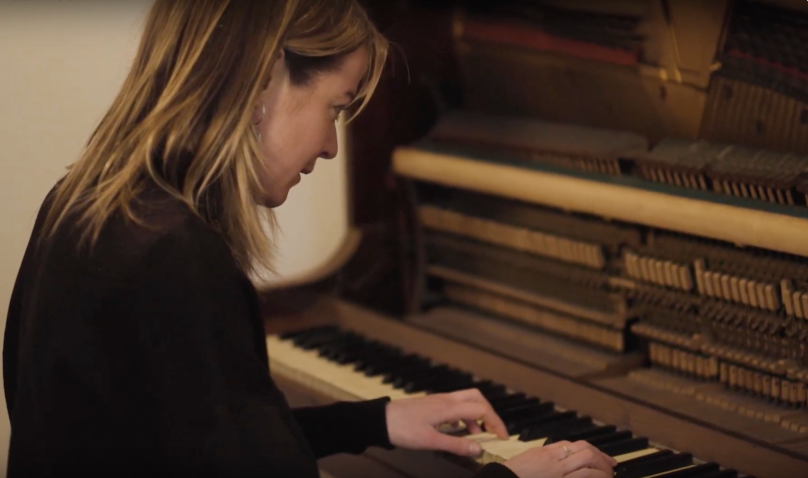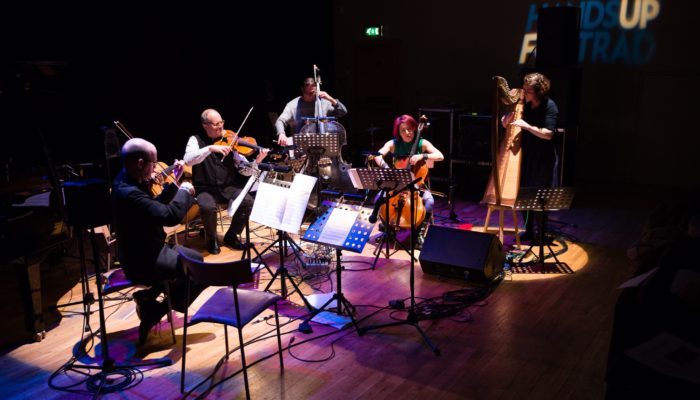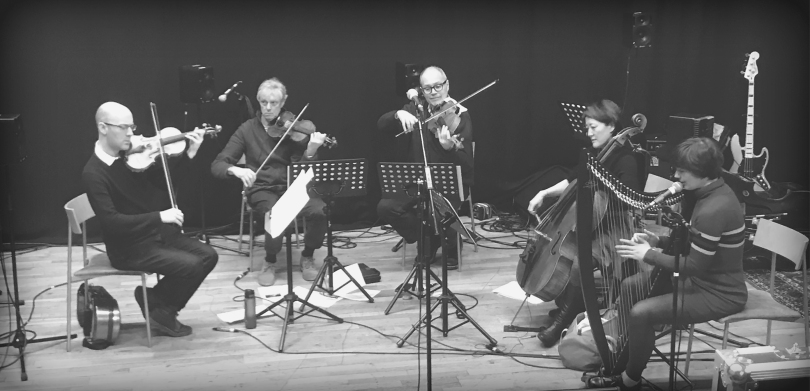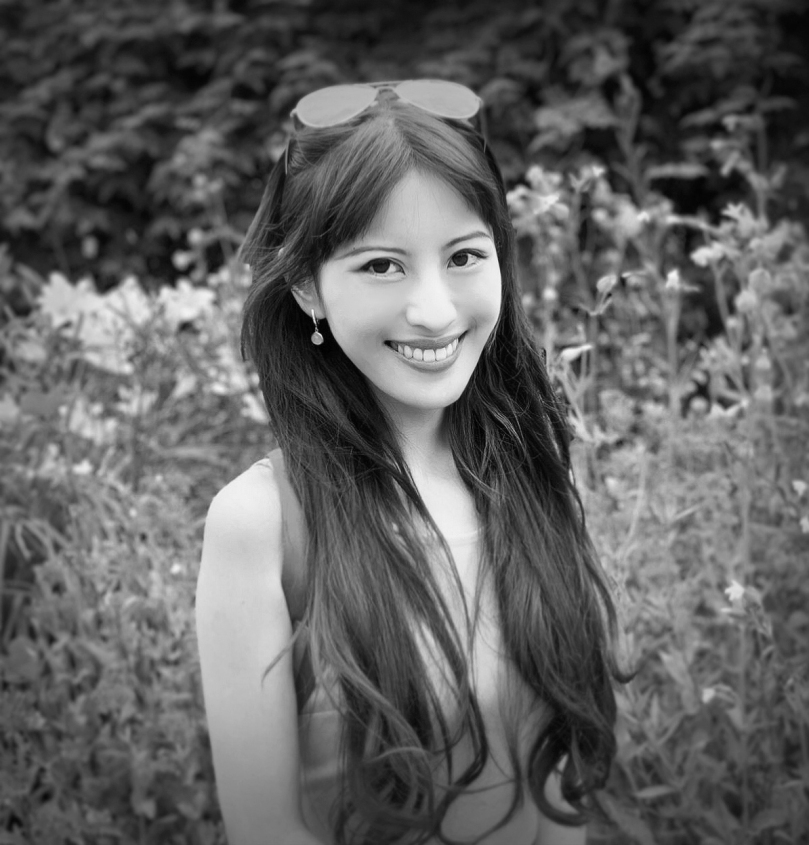Closing date: Friday 23rd June, 23:59:00
UE06: £30,619.00 Per Annum Pro Rata
University of Edinburgh, College of Arts, Humanities & Social Sciences, School of Literatures, Languages & Cultures, Celtic & Scottish Studies.
Fixed Term Contract: Part-Time – 0.4 FTE (14 Hours per Week).
Fixed Term Dates: 01/09/2023-29/02/2024
We are looking for a Research Assistant to contribute to the development and understanding of a specialist music collection featuring larger-scale and experimental works by traditional and folk musicians in Scotland. This is a part time post (14 hours per week) for 6 months, starting from 1st September 2023.
Your skills and attributes for success:
- A PhD or equivalent in traditional music, ethnomusicology, composition, or music performance, or related subject area.
- Knowledge of the forms and conventions of traditional music in Scotland (primarily Scottish and Irish traditional and folk music).
- Previous experience collecting and analysing survey data.
- Previous experience of musical analysis.
- Excellent music notation skills including Sibelius notation software.
Please find a full description and further information here: https://elxw.fa.em3.oraclecloud.com/hcmUI/CandidateExperience/en/sites/CX_1001/job/7644
